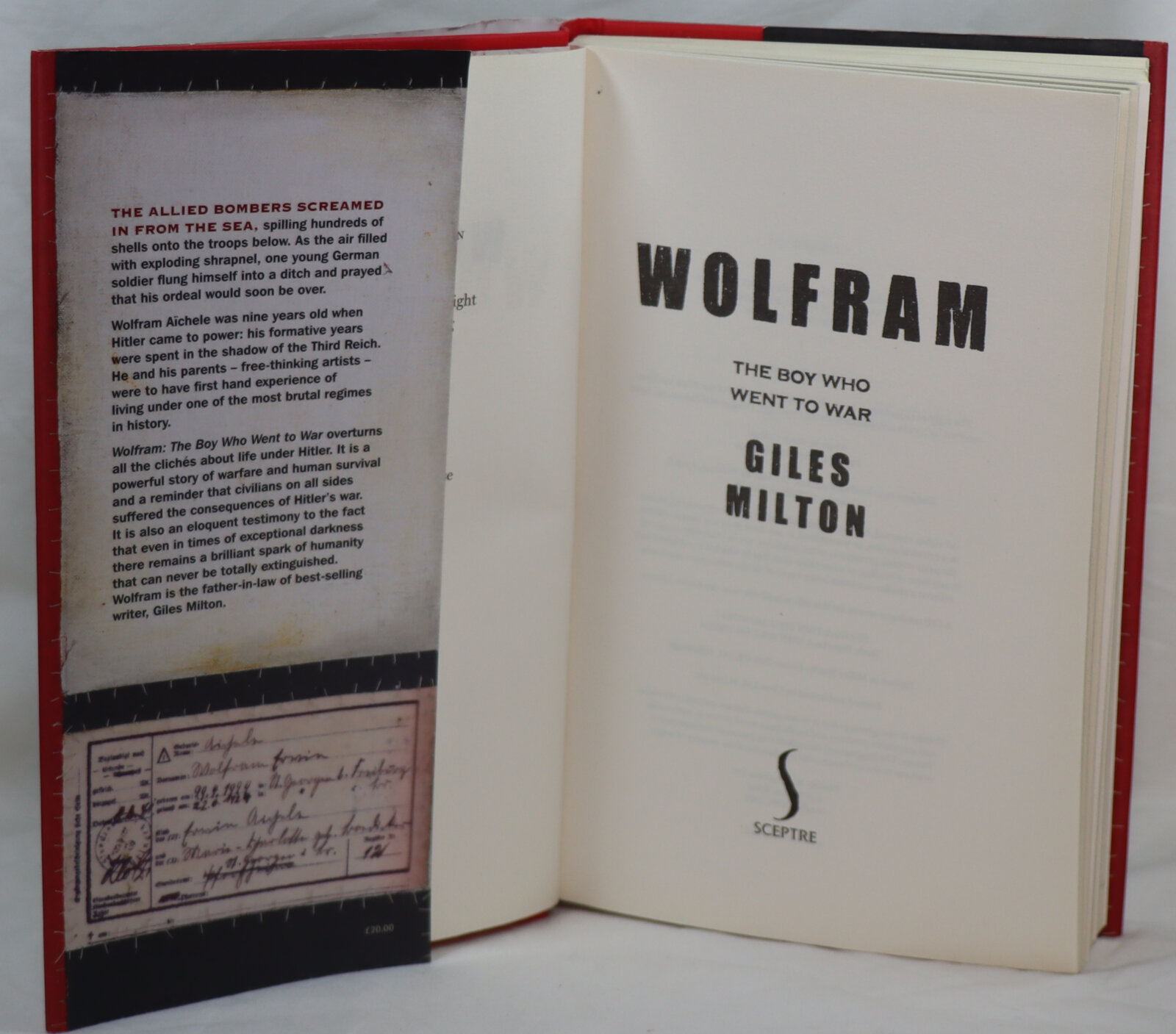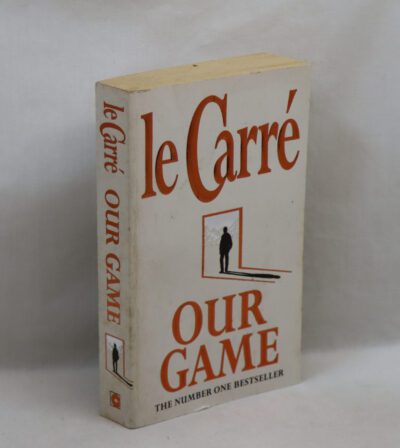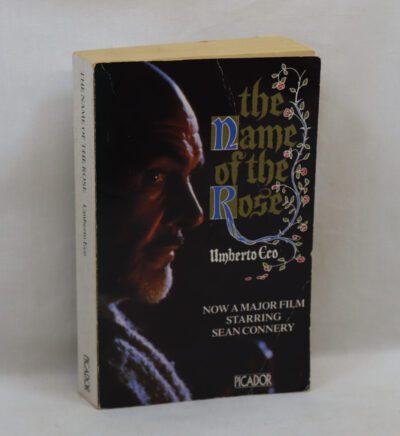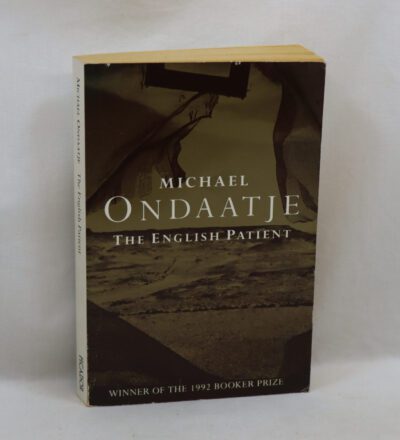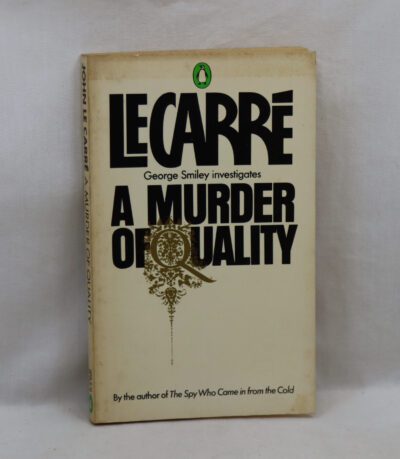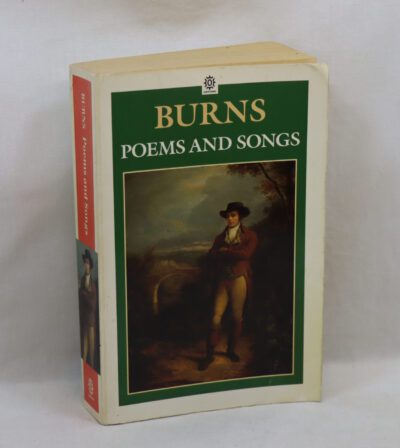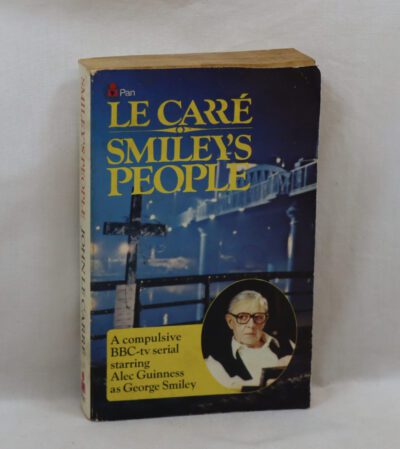Wolfram.
By Giles Milton
ISBN: 9781444716283
Printed: 2011
Publisher: Sceptre. London
| Dimensions | 17 × 24 × 4 cm |
|---|---|
| Language |
Language: English
Size (cminches): 17 x 24 x 4
Condition: Fine (See explanation of ratings)
Your items
Item information
Description
In the original dustsheet. Red cloth binding with black title on the spine.
-
F.B.A. provides an in-depth photographic presentation of this item to stimulate your feeling and touch. More traditional book descriptions are immediately available
The Allied bombers screamed in from the sea, spilling hundreds of shells onto the troops below. As the air filled with exploding shrapnel, one young German soldier flung himself into a ditch and prayed that his ordeal would soon be over.
Wolfram Aïchele was nine years old when Hitler came to power: his formative years were spent in the shadow of the Third Reich. He and his parents – free-thinking artists – were to have first hand experience of living under one of the most brutal regimes in history. Wolfram: The Boy Who Went to War overturns all the clichés about life under Hitler. It is a powerful story of warfare and human survival and a reminder that civilians on all sides suffered the consequences of Hitler’s war. It is also an eloquent testimony to the fact that even in times of exceptional darkness there remains a brilliant spark of humanity that can never be totally extinguished.
Review: Giles Milton, is the British author of non-fiction work, “Nathaniel’s Nutmeg” and “Samurai William ”. In “Wolfram”, Milton turns his writer’s eye to his wife’s family, the Aichele family and their lives in Germany before WW2 and during wartime. Wolfram Aichele is Milton’s father-in-law and he was from a smallish village near the Black Forest. Born and raised in Eutengen, near the larger town of Pforzheim. The Aichele family was “artistic” and considered nice but unconventional in those pre-war years as Adolf Hitler and his Nazis came to power. In Milton’s account, the family made passive resistance to Nazi rule in their area. As followers of Rudolf Steiner, leader of the anthroposophical movement, they were watched and warned by the local Nazi government, but never actually arrested.
The second of three children, Wolfram, born in 1924, came of age in the 1930’s. He didn’t join the Hitler Youth until forced to and his father, Erwin, an art teacher, managed to have a teaching career without joining the Nazi Party. However, both Wolfram and his older brother Reiner, were called to wartime duty. Wolfram’s duty took him from the Crimea, where he was first posted to duty in Normandy and Brittany, pre-D-Day invasion. Finally, he was captured – or surrendered – to Allied forces and spent two years as a POW in the United States, before returning to Germany in 1946, and taking up his post-war career as a famous wood carver.
But if Wolfram saw hard times as a soldier during WW2, life on the home front wasn’t any easier. The town of Pforzheim was a noted watch-manufacturing center and was heavily bombed by the British on Feb 23, 1945. Much like the better known firebombing of Dresden around the same time, Pforzheim was largely destroyed in one-night’s bombing. Giles Milton contrasts the war-at-home with that on the battlefront, doing a good job at both.
Now, Milton writes in a workman-like way about Wolfram’s war. The problem with the book – and I think it’s a problem that cannot be solved – is that as bad as Wolfram and his family and other Germans had it during the pre-war and wartime, one group of Germans had it much worse. Those, of course, were the German Jews. When Milton writes about Wolfram being sent off to the Crimea in a railroad car with berths like coffins, we know as bad as those railroad cars were, the ones filled with Jews going to the concentration camps were real cattle cars. As a writer, Milton has to tread carefully, and I think for the most part, he does.
Giles Milton has written an excellent book about WW2 that most non-German readers know little about. All in all, a very good book.
Giles Milton FRHistS (born 15 January 1966) is a British writer who specialises in narrative history. His books have sold more than one million copies in the UK. and been published in twenty-five languages. He has written twelve works of non-fiction, a thriller, two comic novels and three books for young children. He is best known for his 2016 Sunday Times best-selling title, Churchill’s Ministry of Ungentlemanly Warfare, and for his 1999 best-seller, Nathaniel’s Nutmeg. Milton is the writer and narrator of the podcast series Ministry of Secrets, produced by Somethin’ Else and Sony.
Want to know more about this item?
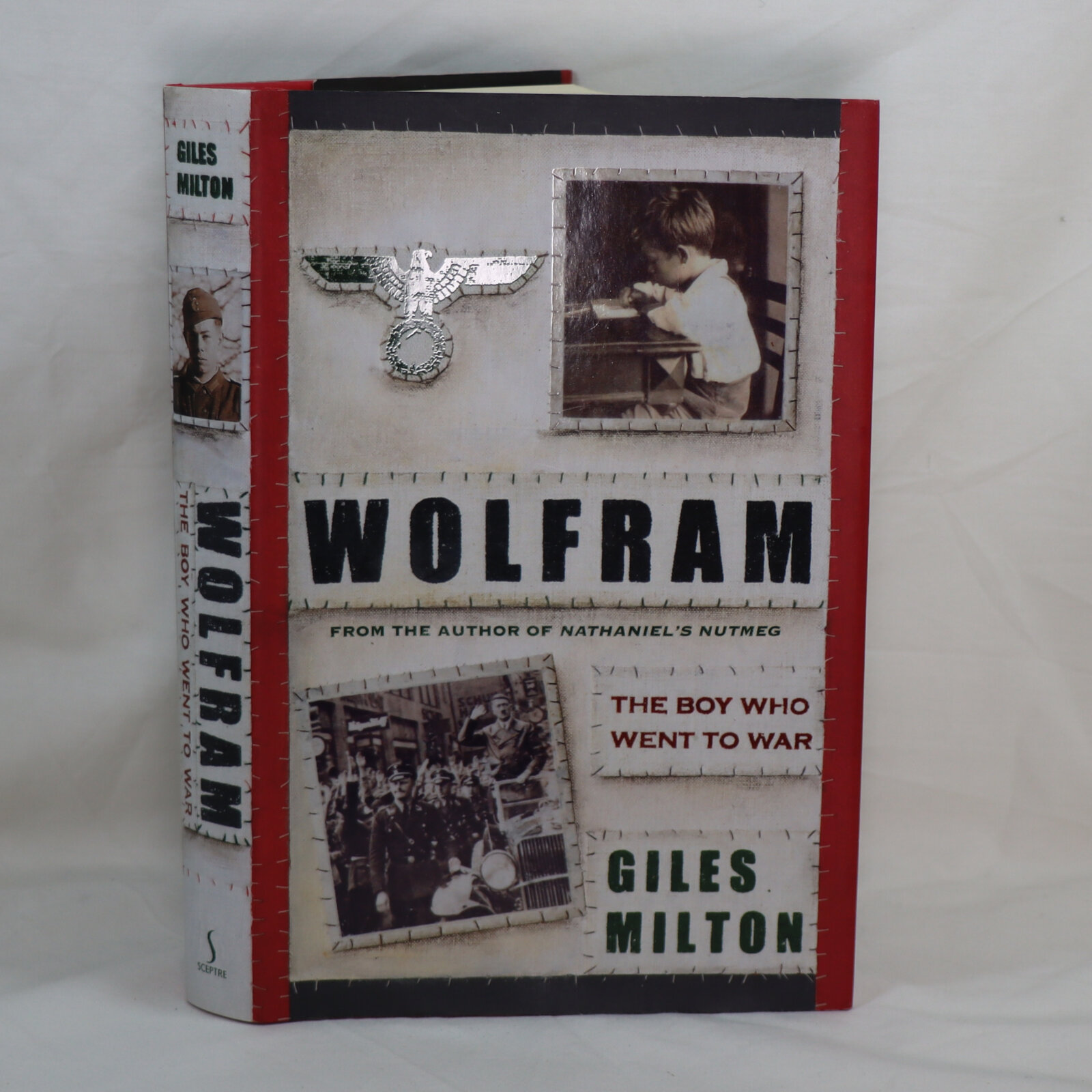
Related products
Share this Page with a friend

